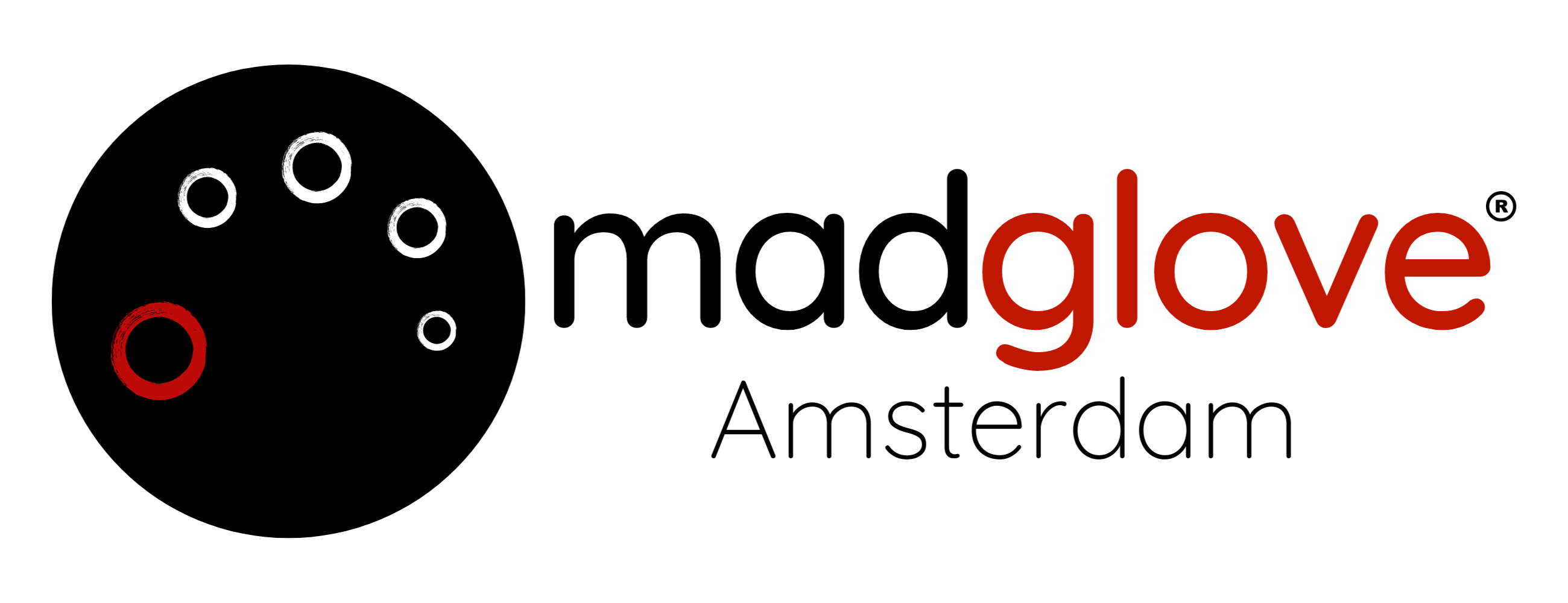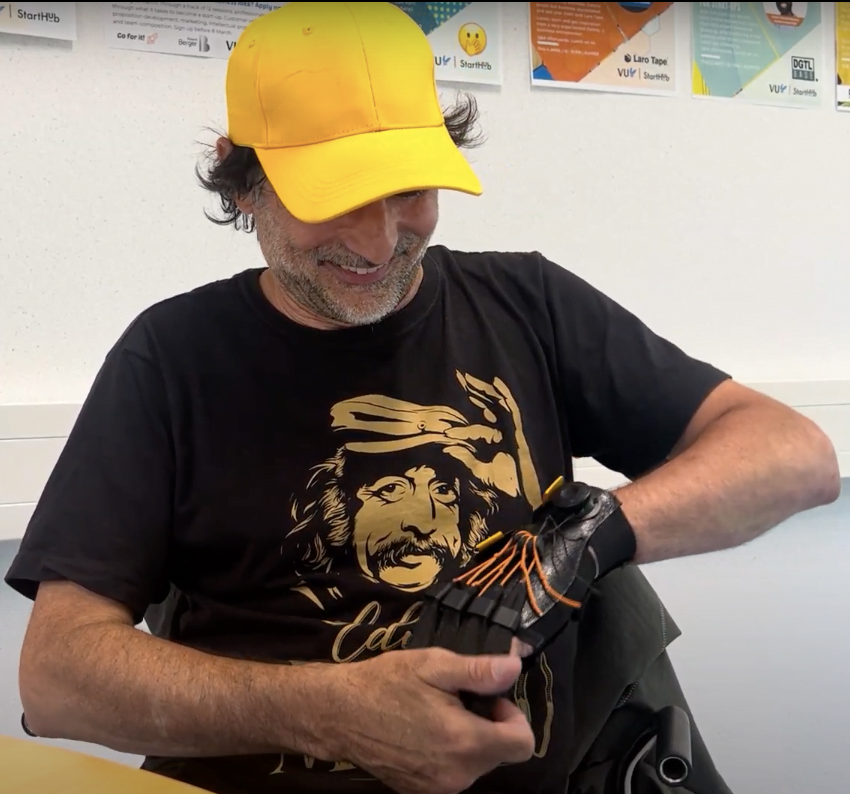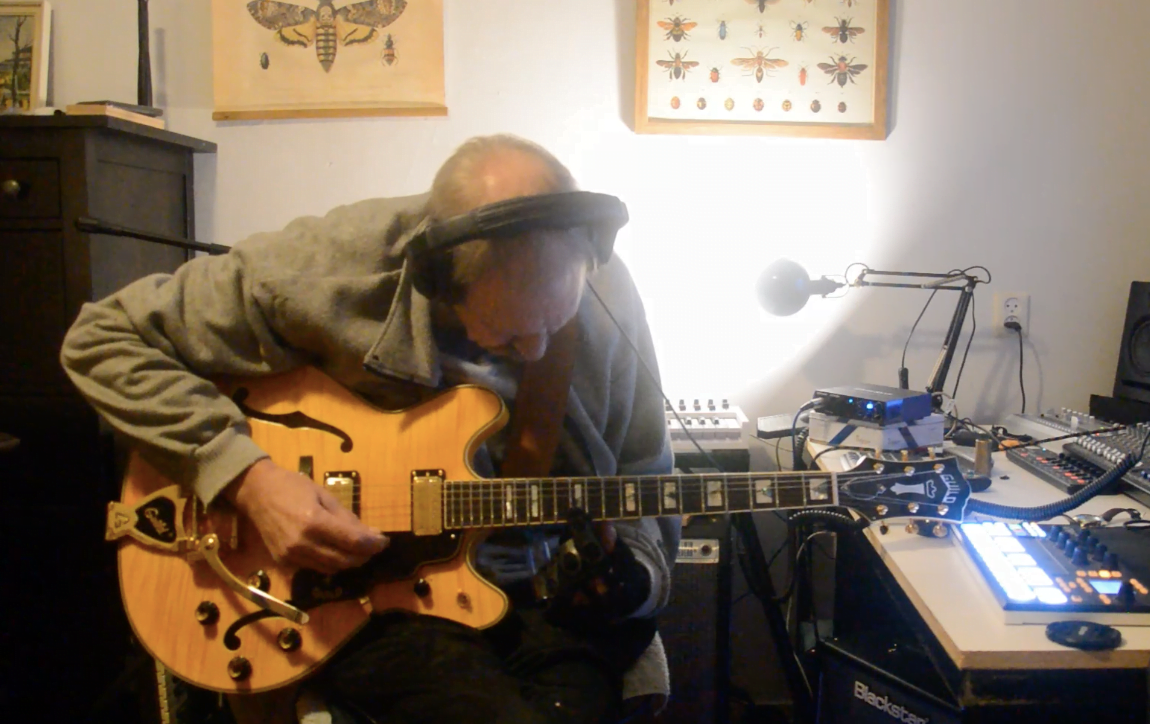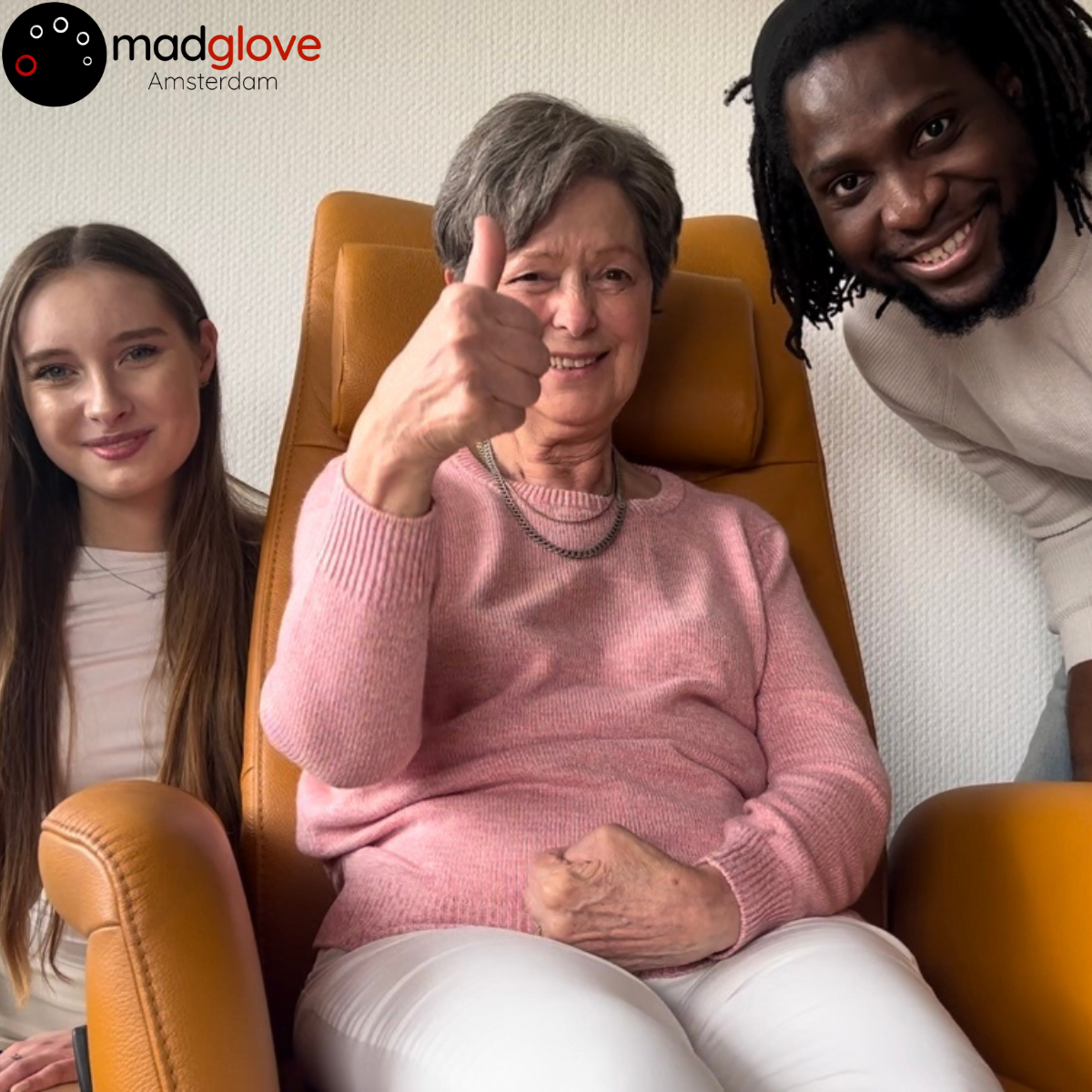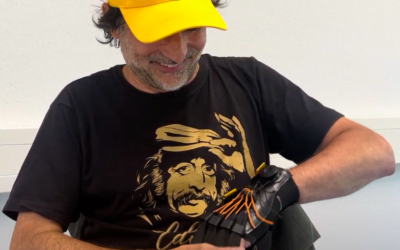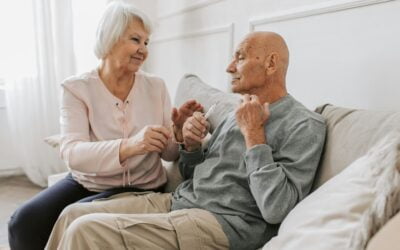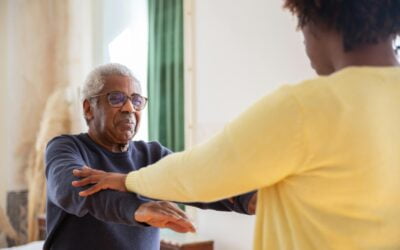Multiple Sclerosis (MS) is one of the most common non-traumatic disabling diseases affecting young adults today, amounting to over one million people in Europe alone. Despite this, there is still no consensus on the exact cause.
What is MS?
Our nerves are covered with a sheath, called myelin, that allows us to transmit information efficiently. MS is the loss of this myelin sheath. More specifically, it is an autoimmune disorder where a person’s immune system attacks the healthy tissue. Similarly to how an electric cable has a protective coating to avoid signal loss, it is necessary for our nerves to have this protective sheath to enable the proper transmission of information.
Unlike cerebral palsy or strokes, MS is non-traumatic, and the cause is still debated upon. What we do know is that MS is most commonly diagnosed in young individuals between 20 and 40 years and the most prevalent symptoms individuals will experience are:
- Pain
- Fatigue
- Reduced mobility
- Cognitive dysfunction
While the exact cause has yet to be determined, there is mounting evidence for both genetic and environmental factors.
In regards to environmental factors, studies have found that the prevalence of MS is higher the further north people live. This is accredited to vitamin D deficiencies associated with less sunlight. Naturally produced vitamine D is believed to improve immune function and thus help protect against autoimmune diseases. Beyond this, MS has been associated with viral infections (Epstein-Barr virus), obesity and smoking.
Treatment
There is currently no cure for MS, but various treatment options are available to manage symptoms and slow disease progression.Fortunately, a lot of research is being done to both identify exact causes of MS and to find the best treatment plans. These include disease-modifying therapies such as interferons, glatiramer acetate, and oral medications such as fingolimod, teriflunomide, and dimethyl fumarate, which work by modulating immune system function. Symptomatic treatments include corticosteroids for acute relapses, muscle relaxants for spasticity, and antidepressants for mood disorders. Rehabilitation therapies such as physical and occupational therapy can also help manage symptoms and improve quality-of-life.
Diseases similar to MS
MS is the most common autoimmune disorder affecting the central nervous system, but not the only one. In recent years, neuromyelitis optica spectrum disorder (NMOSD) and myelin oligodendrocyte glycoprotein-antibody disease (MOGAD) have been identified as distinct disorders different from MS. Proper identification of these diseases is vital for proper treatment plans and interventions. The most relevant distinguishing factors identified by the MS nurse pro blog are listed in the table below.
Advocacy
There are MS platforms around the world looking for members, donations and are there to provide information to anyone wanting to learn more. At Madglove, we are enthusiastic about creating and being part of communities such as these. Below are some of the larger MS platforms around the world:
- European Multiple Sclerosis Platform
- National Multiple Sclerosis Society
- MS International Federation
- MS Trust
